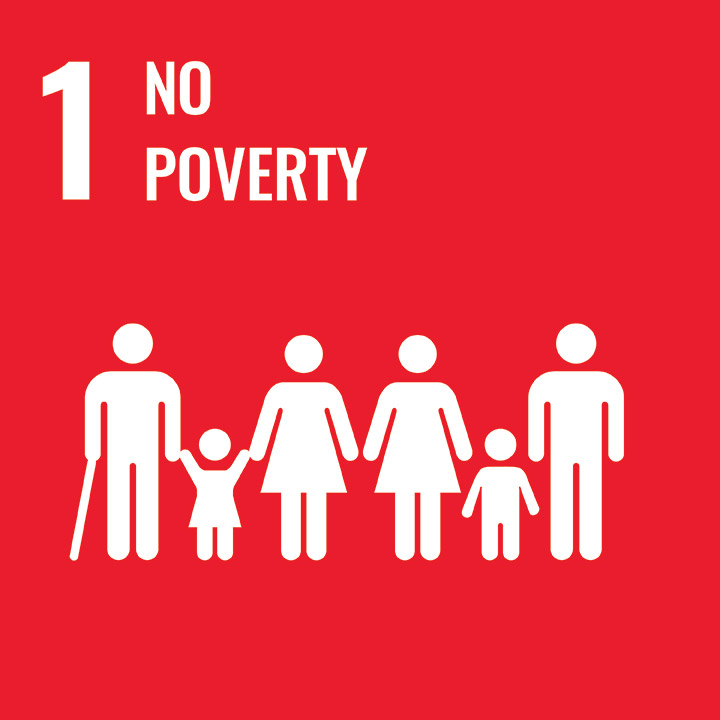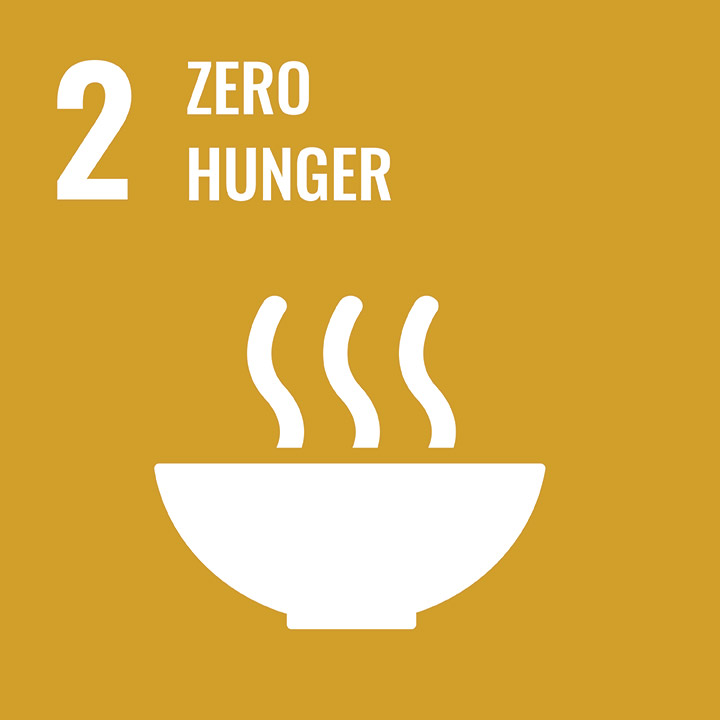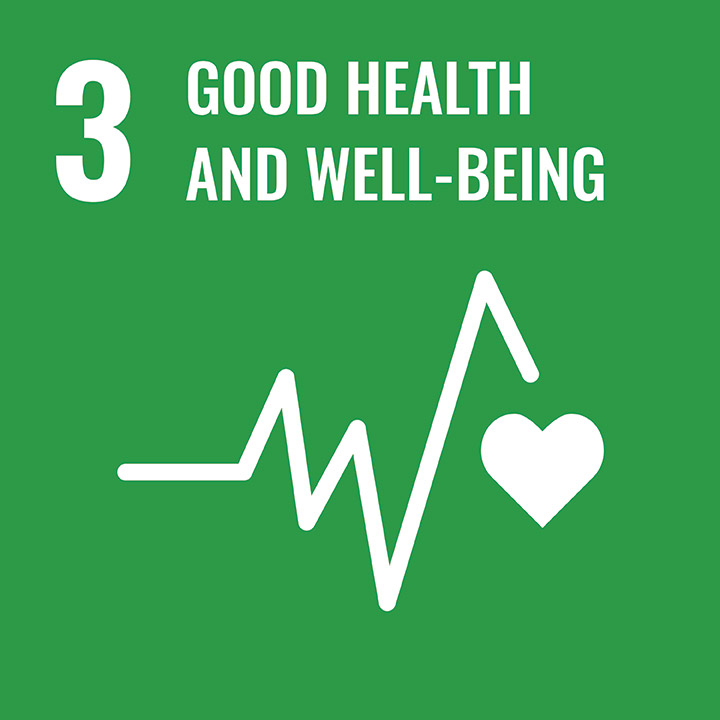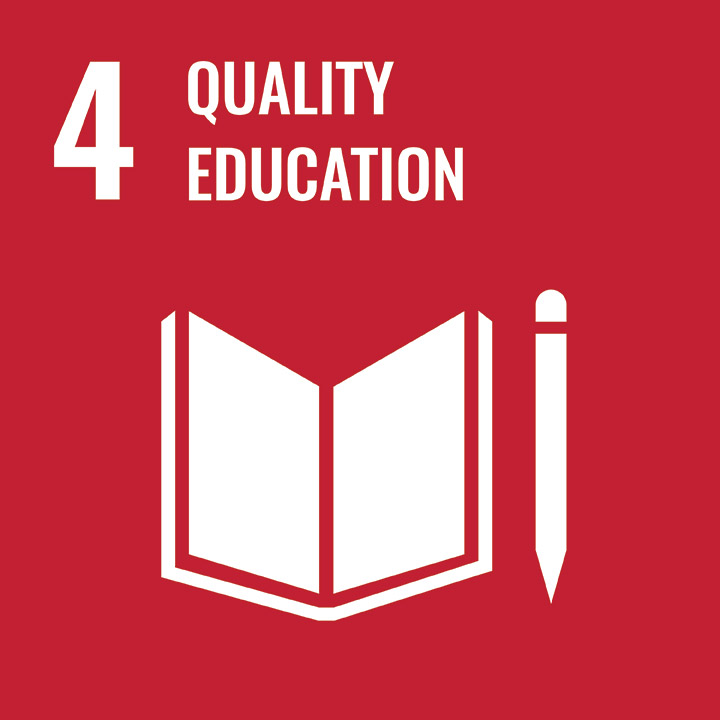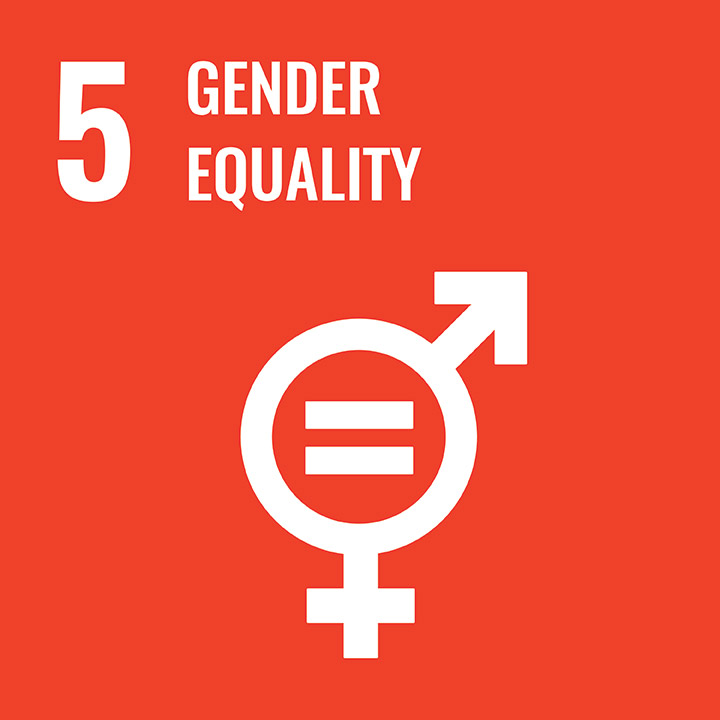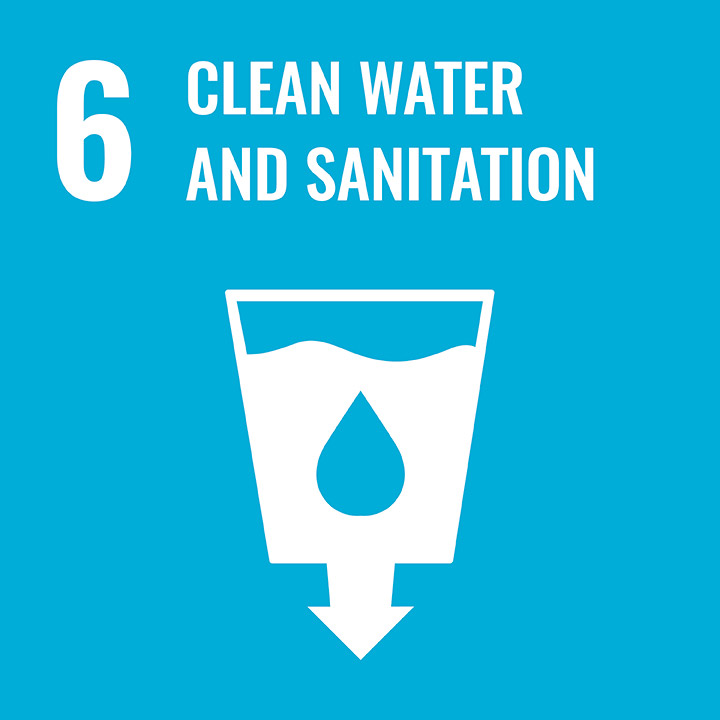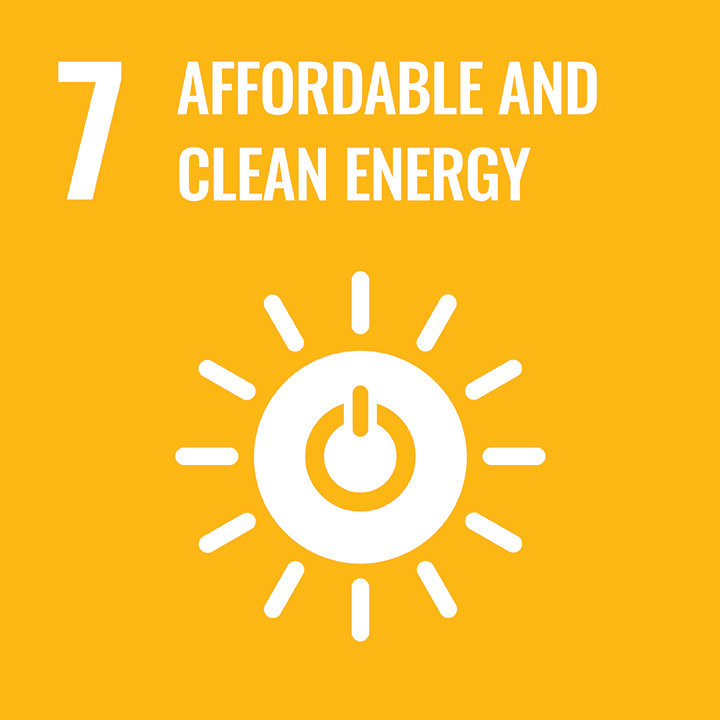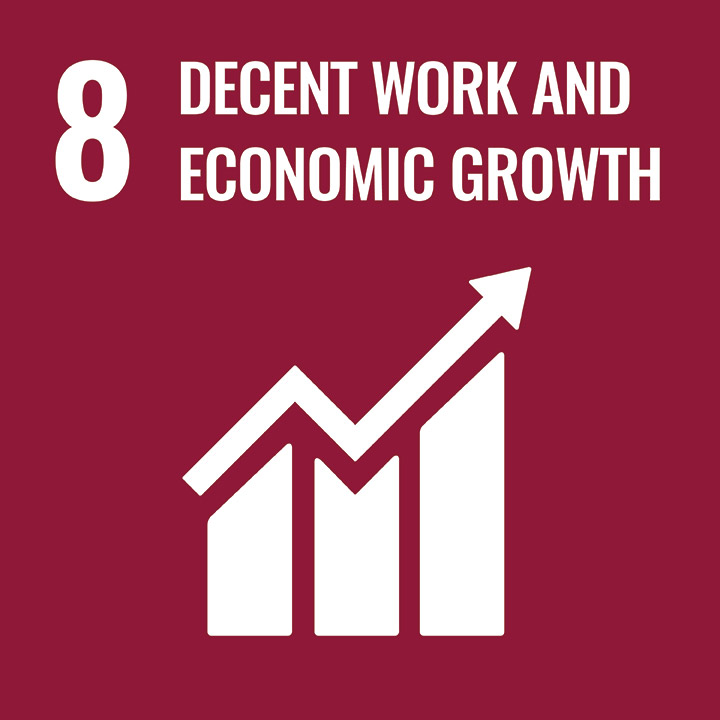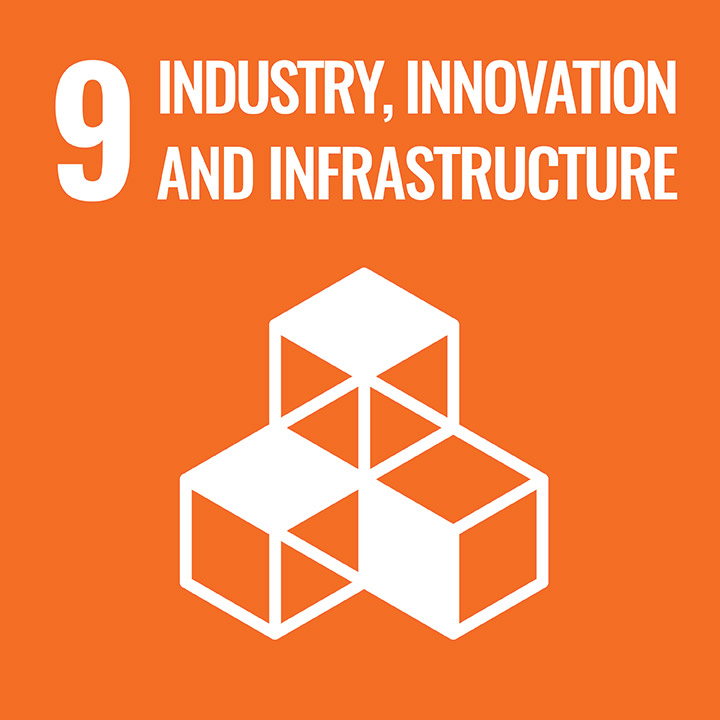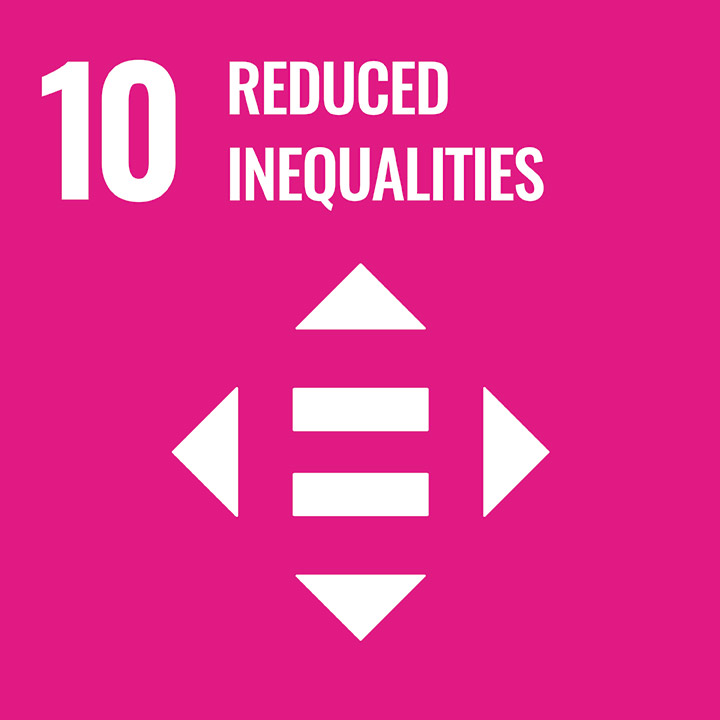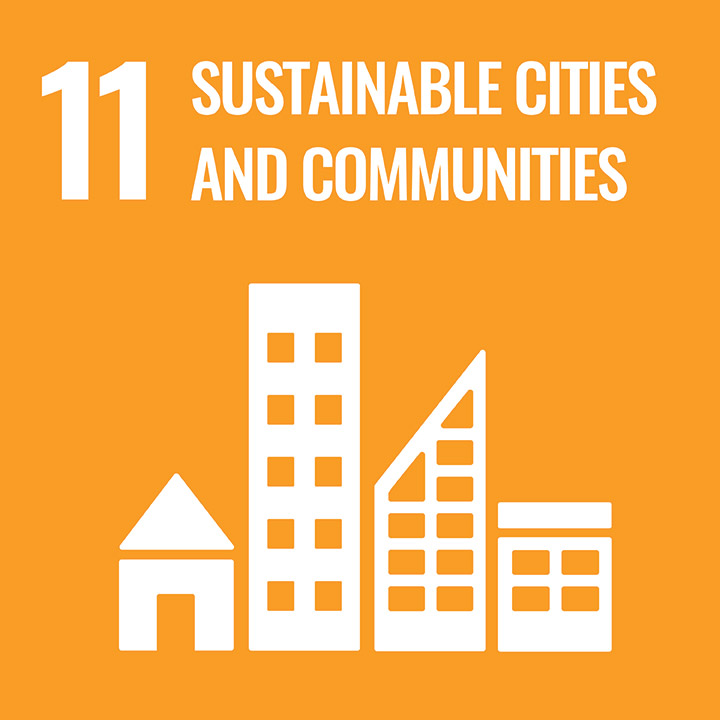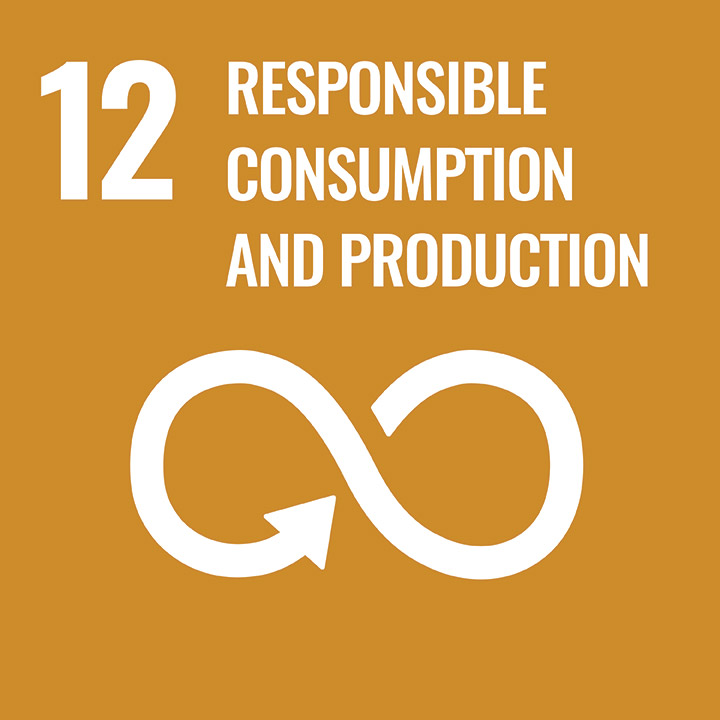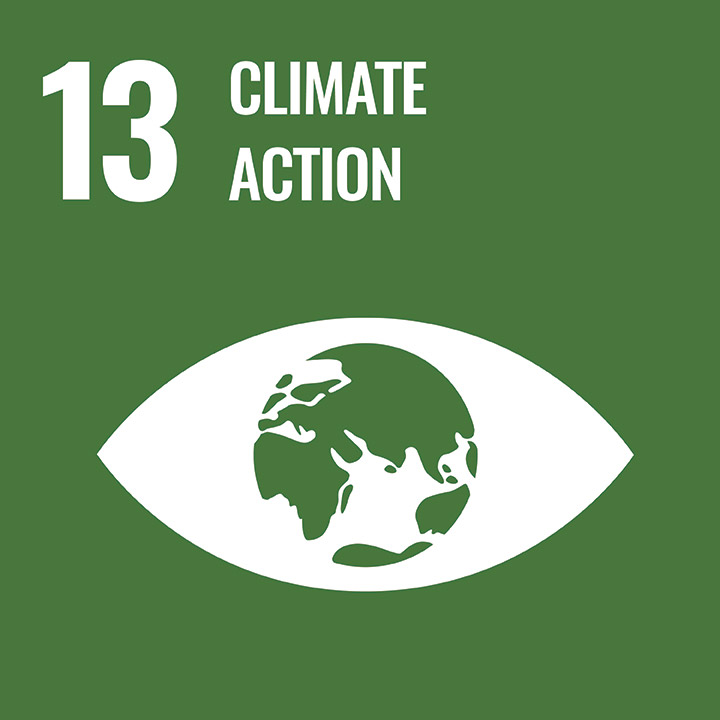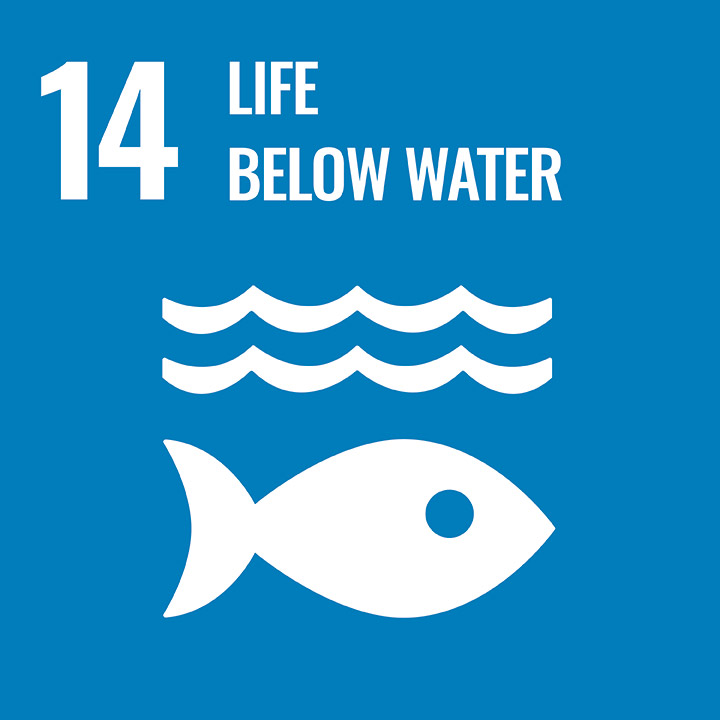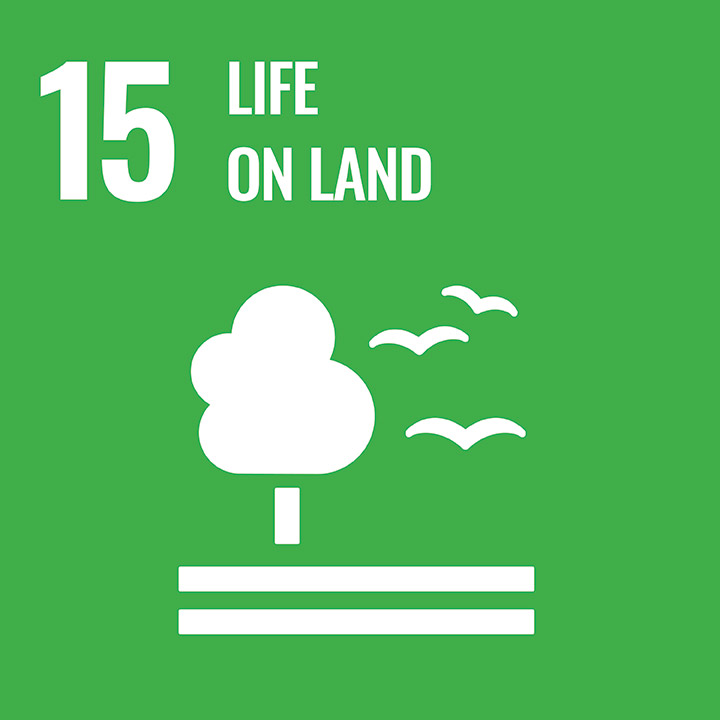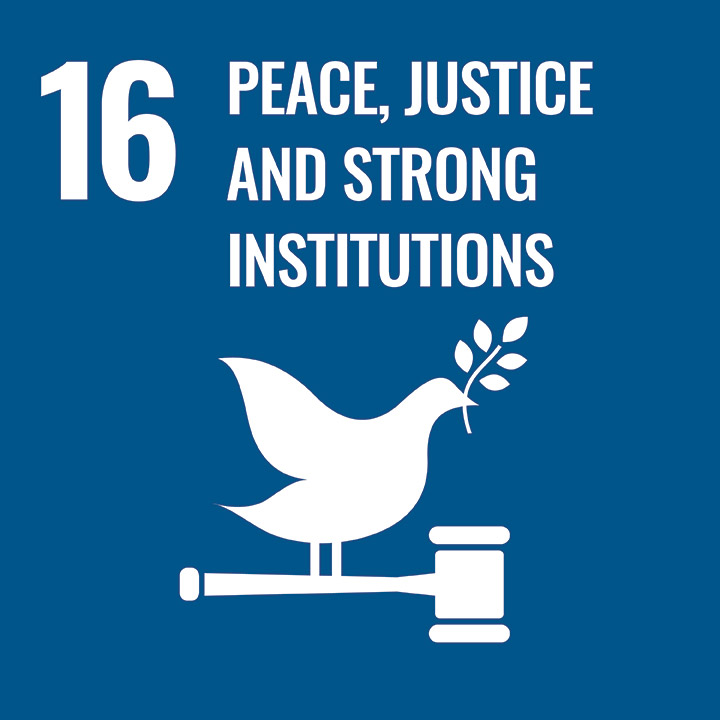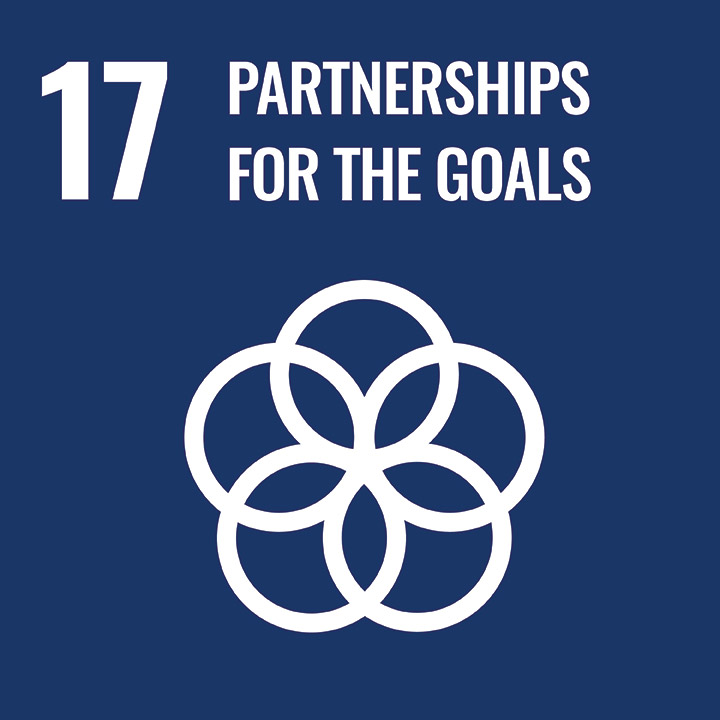A vision for the future
CAPITALISE will contribute to European leadership in the Green Revolution 2.0.
This programme learns from nature to meet future demands for food security and the growing bioeconomy. At the heart of CAPITALISE is a belief that we can:
- develop new crop varieties with improved photosynthetic efficiency via techniques such as marker assisted breeding and genomic prediction;
- provide scientific insights to help global advances in gene editing and bioengineering;
- increase understanding about how photosynthesis works and how breeders can exploit the mechanisms underlying why one genotype has a higher rate of photosynthesis than another
- use social science, stakeholder engagement and Plant Science Literacy training to inform and educate citizens and industry about crops for the future
- integrate ethical, societal, environmental and economic issues relevant to CAPITALISE and wider crop breeding technologies into future strategies for crop improvement.
The best technologies including germplasm, protocols, and genetic and phenotyping tools will create new routes for industry breeding programmes. Our non-GM approaches will deliver next generation future-proofed higher yielding plants in three important crop species (barley, maize and tomato). The new crops will help target global food security needs and directly address the UN Sustainable Development Goals.
The 2030 Agenda for Sustainable Development, adopted by all United Nations Member States in 2015, provides a shared blueprint for peace and prosperity for people and the planet, now and into the future.
Read more about
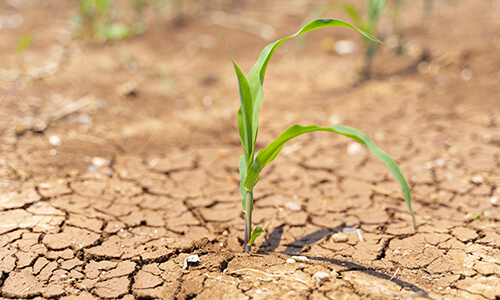
The problem
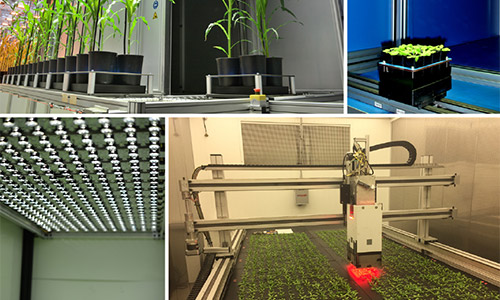
Our approach

Our solutions
